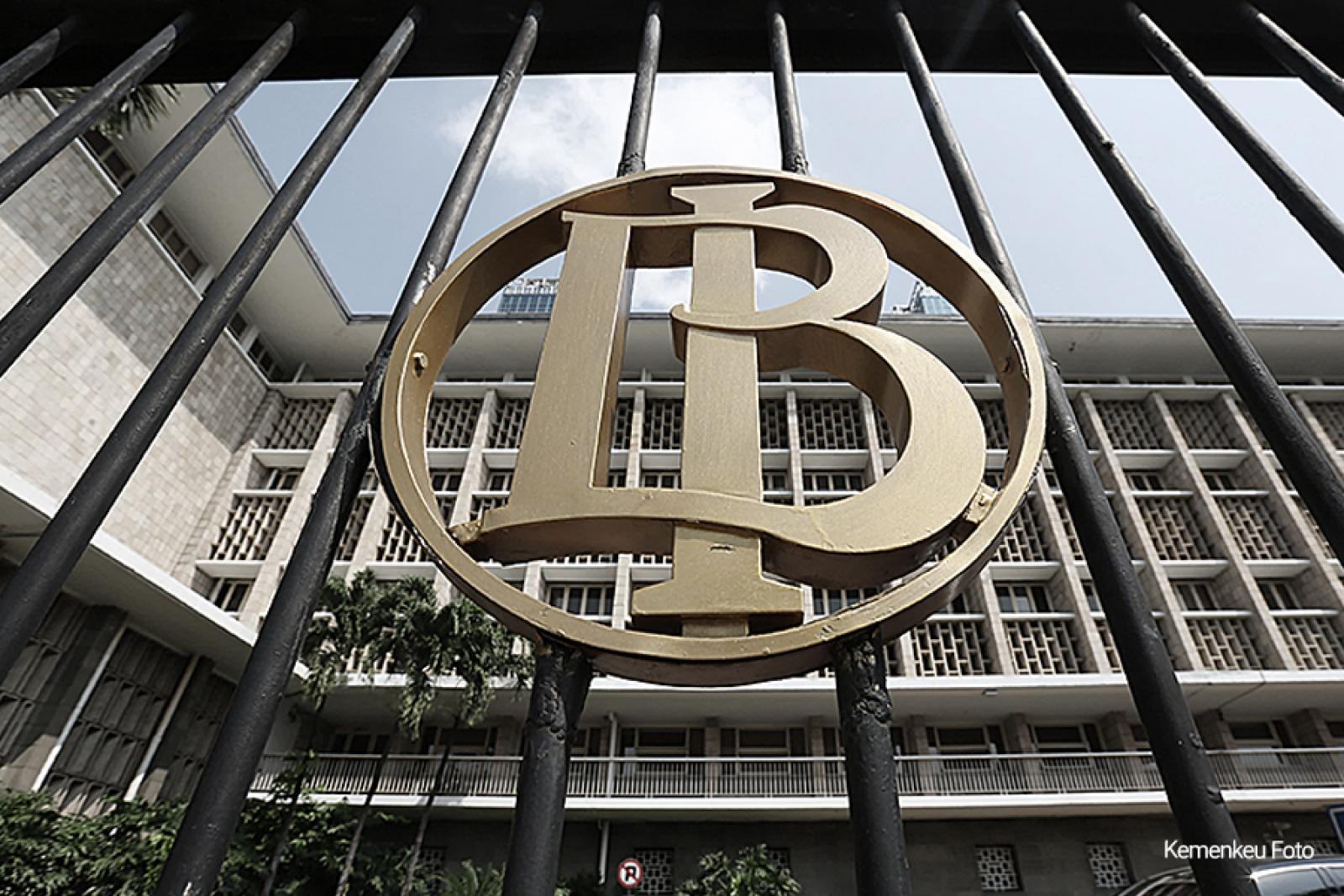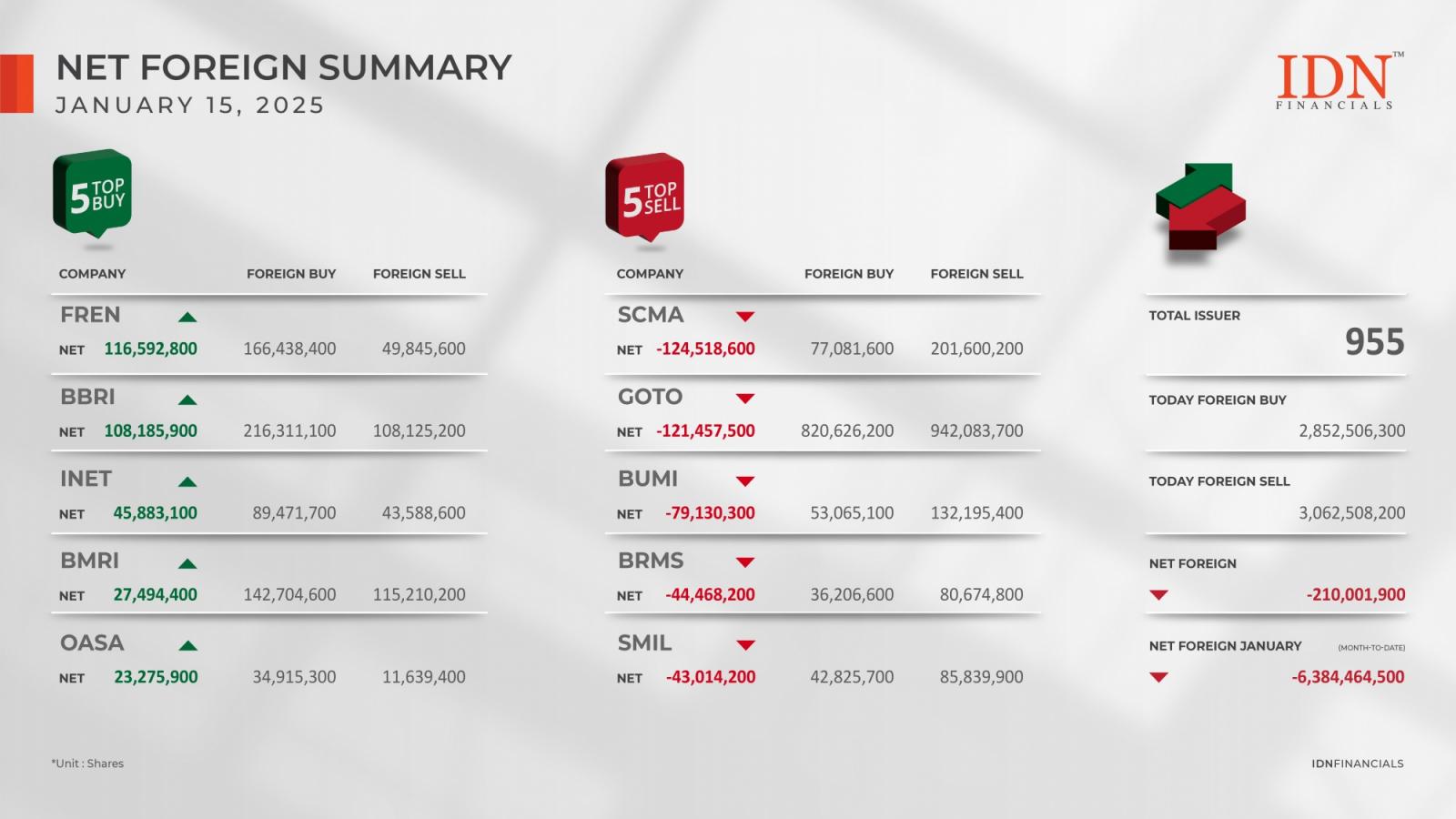
Spains services industry grew for the fourteenth month in a row in October led by strong improvement in sales and demand and firms increased hiring markedly in response to better business, results of the purchasing managers survey by S&P Global showed on Wednesday.
The HCOB services purchasing managers index came in at 54.9 in October, which was weaker than Septembers 57, but remained above the neutral mark of 50. Economists had forecast a reading of 56.6.
The PMI survey data was collected from October 10 to 28.
New business grew for an eleventh month in a row, underpinned by increased demand at home and from abroad.
Increased hiring led staffing levels up to the strongest degree since April 2023. Official data released on Tuesday showed that joblessness in Spain increased in October but logged the smallest gain for the month since 2006.
Despite a growth in workforce, capacity constraints remained, with backlogs of work rising for a tenth successive month.
Meanwhile, higher salary costs drove input cost inflation higher in October and these were passed on to customers due to strong market conditions, leading to an increase in output charges.
Business confidence remained high in October as survey participants hoped market conditions to stay positive.
Survey data released earlier in the week showed that production in manufacturing rose at the steepest pace since September 2021.
The HCOB Spain Composite PMI fell to 55.2 in October from 56.3 in September.
While the Composite HCOB PMI showed a slight slowdown in June and July, it displayed solid growth signals again in September and October, Jonas Feldhusen, an economist at Hamburg Commercial Bank, said.
This trend suggests that [GDP] growth of up to 3.0 percent could be achievable for 2024. The HCOB PMIs, in particular in services, indicate a strong start to the fourth quarter.
Feldhusen pointed out that the discrepancy of core inflation exceeding headline inflation illustrates how persistent cost increases in the services sector significantly contribute to higher core inflation.
Rising wages are a primary driver of this trend, with many service companies continuing to report wage pressures, the economist said.
To mitigate these burdens, companies often pass on the additional costs to consumers, further intensifying price increases in this sector.





